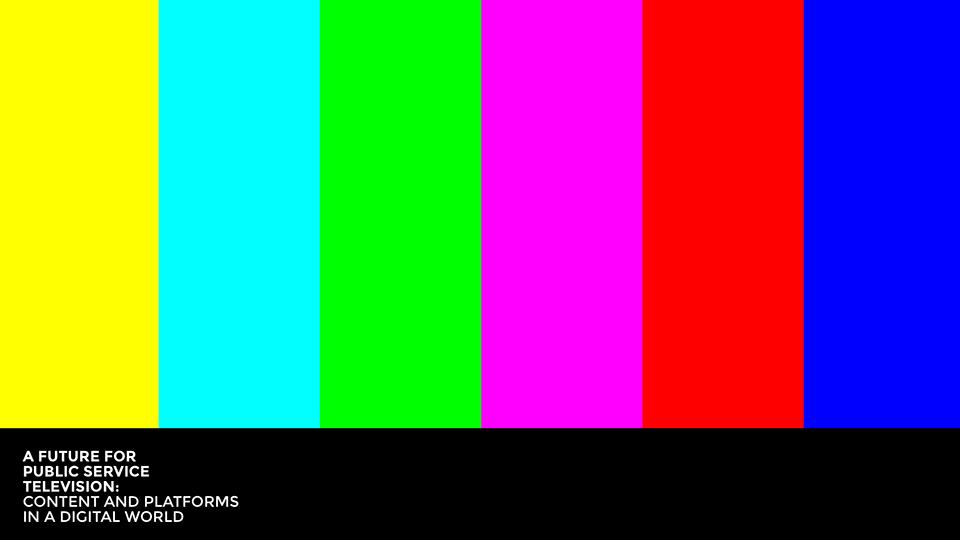The Inquiry chaired by Lord Puttnam and based in the Department of Media and Communications at Goldsmiths was set up in November 2015 to focus on the purposes of television in an era characterised by technological transformations, shifts in audience consumption habits, and changes in cultural and political attitudes. Its report, The Future for Public Service Television, launched at the British Academy on Wednesday 29 June, reflects on the extent to which the UK’s most popular television channels have addressed these issues and whether they continue to represent the interests and tell the stories of all the citizens of the UK. Above all, it seeks to highlight the conditions that may allow for the production and circulation of high quality, creative and relevant public service content in these increasingly complex circumstances.
The report makes recommendations concerning the main public service TV channels, a new fund for public service content, a more transparent process for appointing the BBC unitary board, diversity, and the nations and regions. Its general recommendations state that: “In return for public service broadcasters meeting the obligations of their licences, their content should be guaranteed prominence on electronic programme guides, smart TVs and on the interfaces of on-demand players as they emerge.” and that: “Retransmission fees should be paid by pay – TV platforms to public service television operators to address the current undervaluation of public service content by these distributors.”
Other recommendations include that the BBC licence fee should be abolished “as soon as is practically possible” and replaced with a more progressive funding mechanism via council tax or general taxation. It also calls for greater diversity and that appointments to the BBC’s new unitary board should be “entirely independent from government”.
Channel 4 “should not be privatised – neither in full nor in part – and we believe that the government should clarify its view on Channel 4’s future as soon as possible”.
The report can be read at: http://futureoftv.org.uk/report/ or at http://www.gold.ac.uk/news/future-of-tv-report/

Leave a Reply